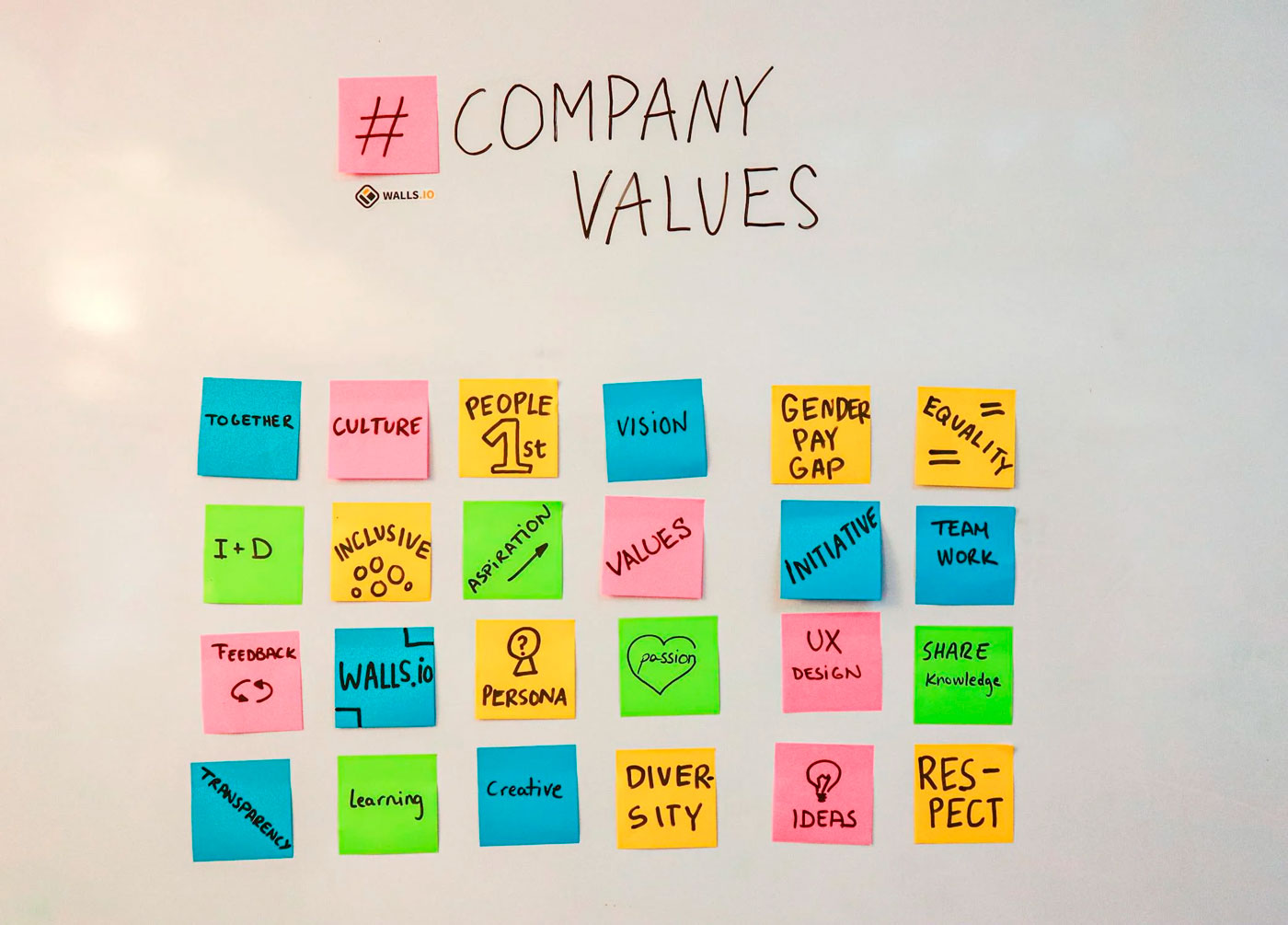Hiring bias, whether conscious or unconscious, is a pervasive issue that undermines fairness and prevents organizations from acquiring the best talent. Addressing this problem head-on is crucial for creating an inclusive and productive workplace. Tackling unconscious bias is not just a matter of ethical responsibility; it brings tangible benefits that can significantly enhance a company’s performance and reputation. If you tackle unconscious bias in hiring, here are just some ways that you will see your company improve before your eyes.
- Enhances Diversity and Inclusion: Eliminating bias helps build a diverse workforce, fostering an inclusive environment where all employees feel valued. This leads to higher employee satisfaction and retention.
- Drives Innovation and Creativity: Diverse teams bring varied perspectives, spurring innovation and unique solutions. This diversity of thought is a competitive advantage, helping companies adapt to new challenges.
- Improves Decision-Making: Inclusive teams make better decisions faster and deliver superior results. Diverse perspectives help avoid groupthink, leading to more effective decisions.
- Boosts Employee Performance and Engagement: Fair and inclusive workplaces enhance employee engagement and performance. Employees feel they have equal growth opportunities, boosting morale and productivity.
- Attracts Top Talent: Companies known for unbiased hiring practices attract high-calibre candidates. Eliminating bias broadens the talent pool, ensuring access to the best talent.
- Strengthens Company Reputation: Proactive bias elimination builds a reputation for fairness and social responsibility, attracting top talent and enhancing relationships with customers, partners, and investors.
- Mitigates Legal Risks: Addressing bias reduces the risk of discrimination claims and ensures compliance with equal employment laws, safeguarding the company from legal issues and demonstrating ethical commitment.
You might want to consider some practical and simple steps to tackle unconscious bias in your hiring process.
1. Implement a Structured, Bias-Free Process
2. Recognize Common Types of Bias
Understanding the various forms of bias is essential. Awareness is the first step in counteracting these biases. It’s important to know what kind of biases to look out for. Here are just a few common ones:
- Gender Bias (attributing certain positions or characteristics to a particular gender)
- Halo Effect (allowing one positive trait to overshadow other attributes)
Affinity Bias (favouring candidates similar to oneself) - Confirmation Bias (seeking information that confirms preconceptions)
Ageism. (making a subconscious judgment that an older candidate will be less of an asset to a company) - Sexual Orientation. (attributing certain characteristics to any particular sexual orientation.)
- Name Bias. (making a subconscious judgement about someone’s background based on their name)
- Beauty Bias / Sizeism (making a subconscious judgement about someone’s professional capacity based on their appearance)
- Class and Race bias (making a subconscious judgement about someone’s professional capacity or interests based on class or race)
3. Monitor Decision-Making Processes

4. Embrace Evidential Interviews
5. Formulate the Right Questions and Seek Relevant Evidence
6. Adopt Good Interview Practices
7.Unconscious Bias Training and Continuous Education
8.Revise Job Descriptions

9.Utilize Blind CV Assessments
10.Prioritize Skills Tests
Emphasizing specific skills tests in the recruitment process ensures that candidates are evaluated based on their abilities. Ensure that all candidates have an equal opportunity to demonstrate their skills and use the results as a primary criterion for advancing candidates to the interview stage.
Tackling unconscious bias requires a multifaceted approach that combines structured processes, education, and continuous evaluation. By implementing these strategies, organizations can foster a more inclusive hiring process that attracts and retains diverse talent, ultimately enhancing productivity, innovation, and employee satisfaction.

Knightsbridge Recruitment is a boutique consultancy which has been placing stand-out candidates in the most sought after permanent, temporary and part-time Chief of Staff, Executive Assistant, Personal Assistant, Private PA and executive office support jobs in London, for over 35 years. If you would like advice on hiring and retaining exceptional staff, we would love to help - please call us.
